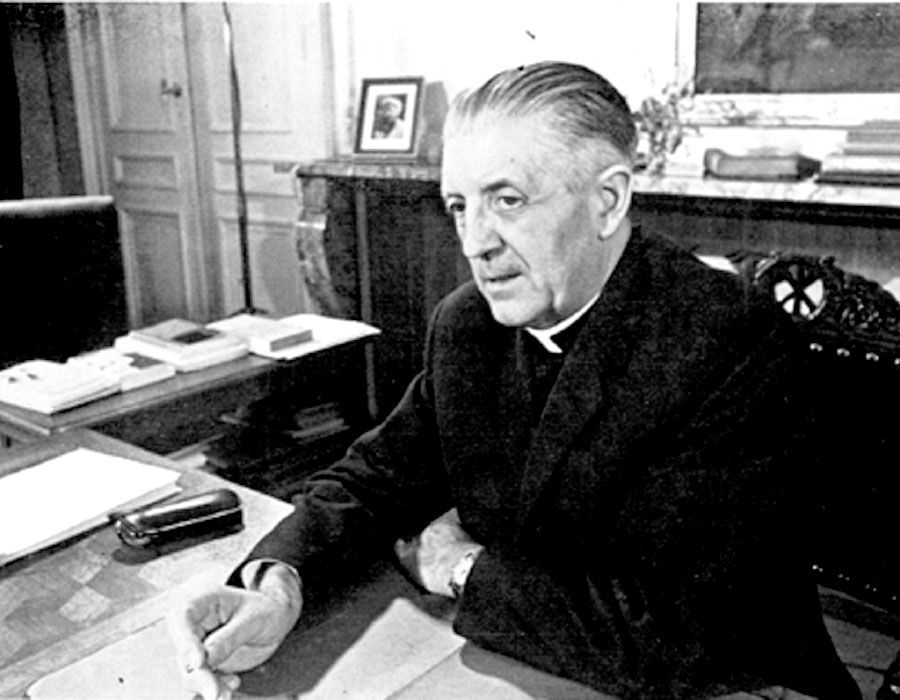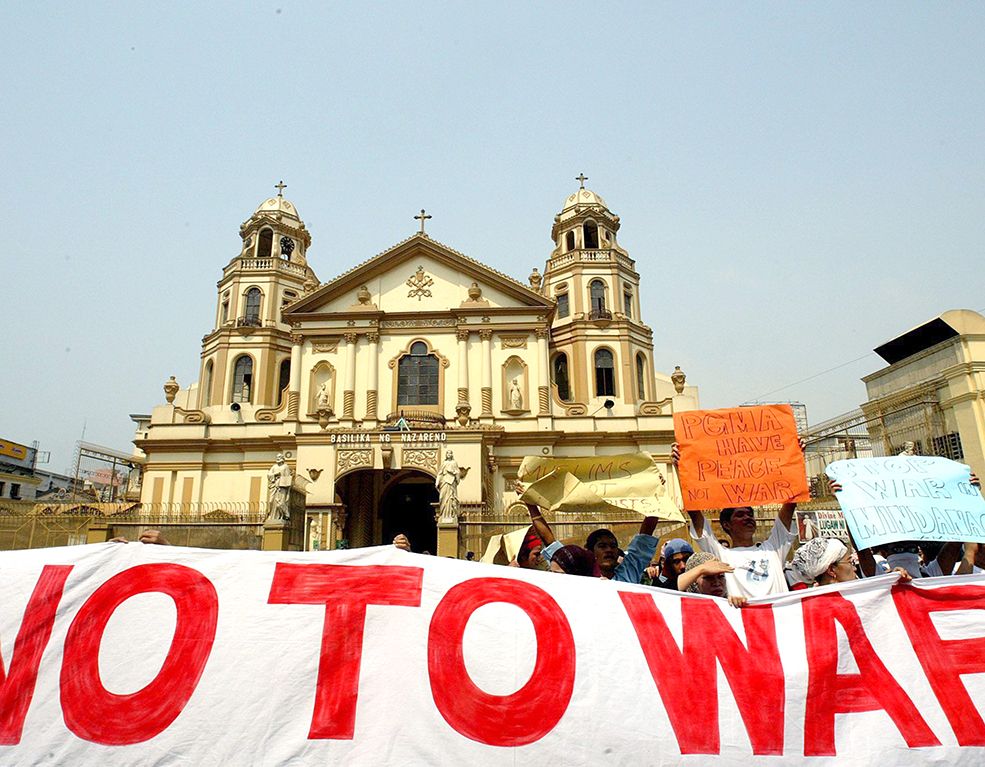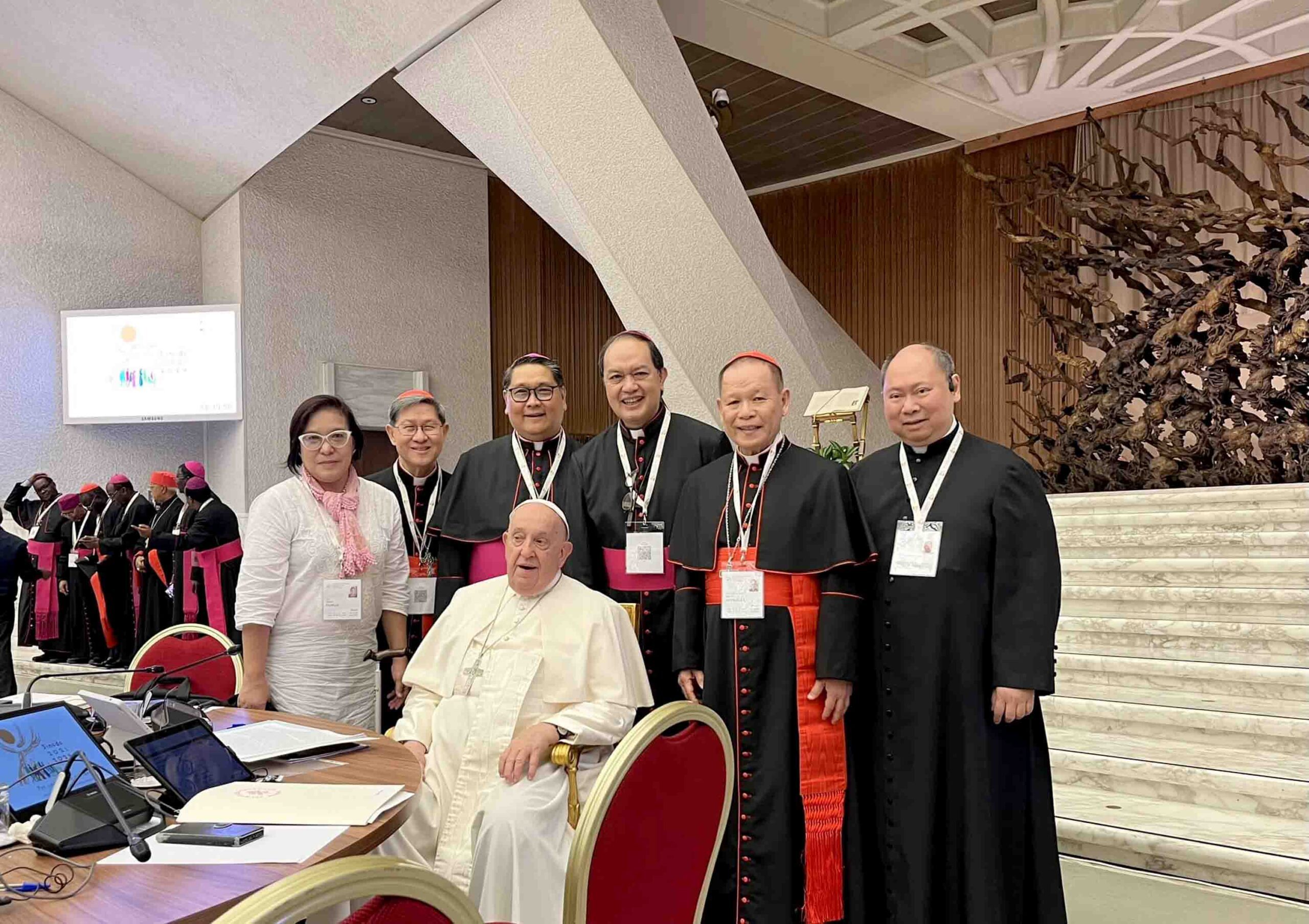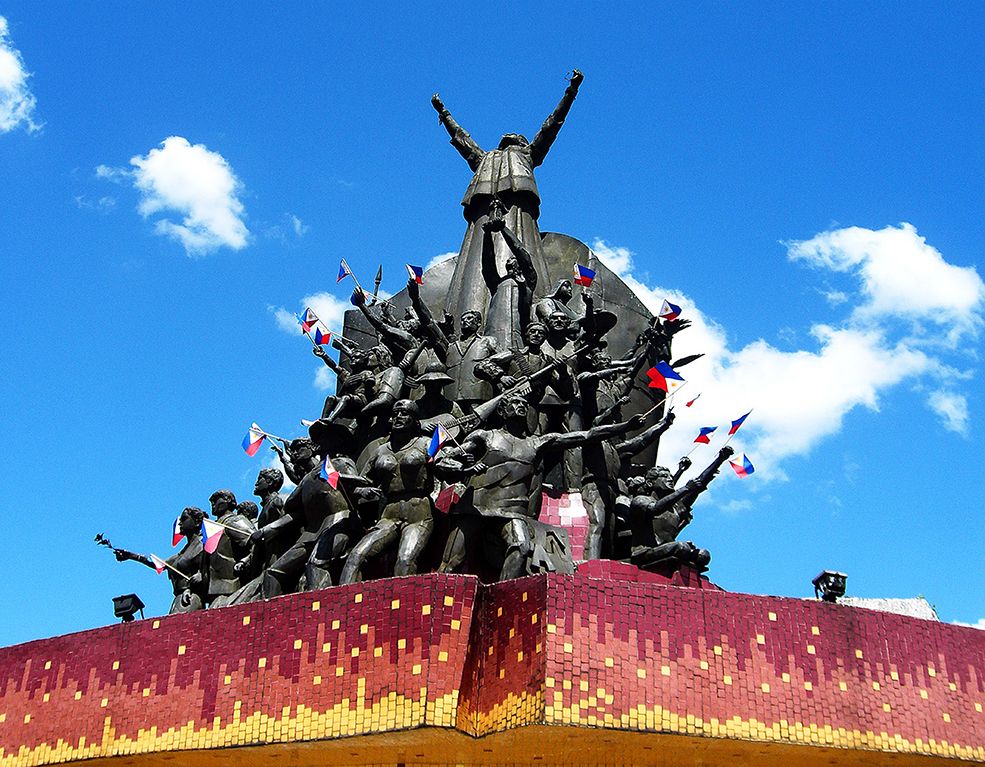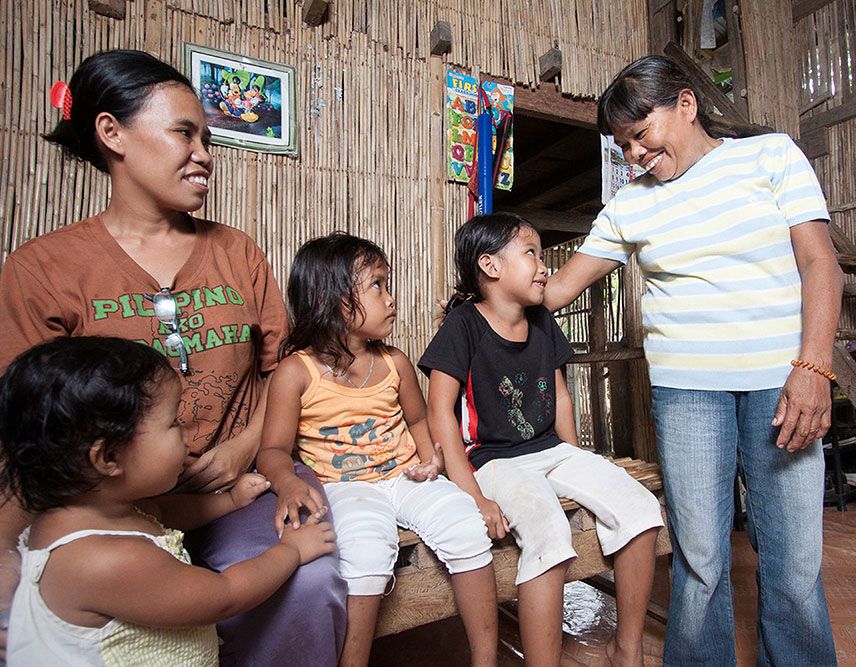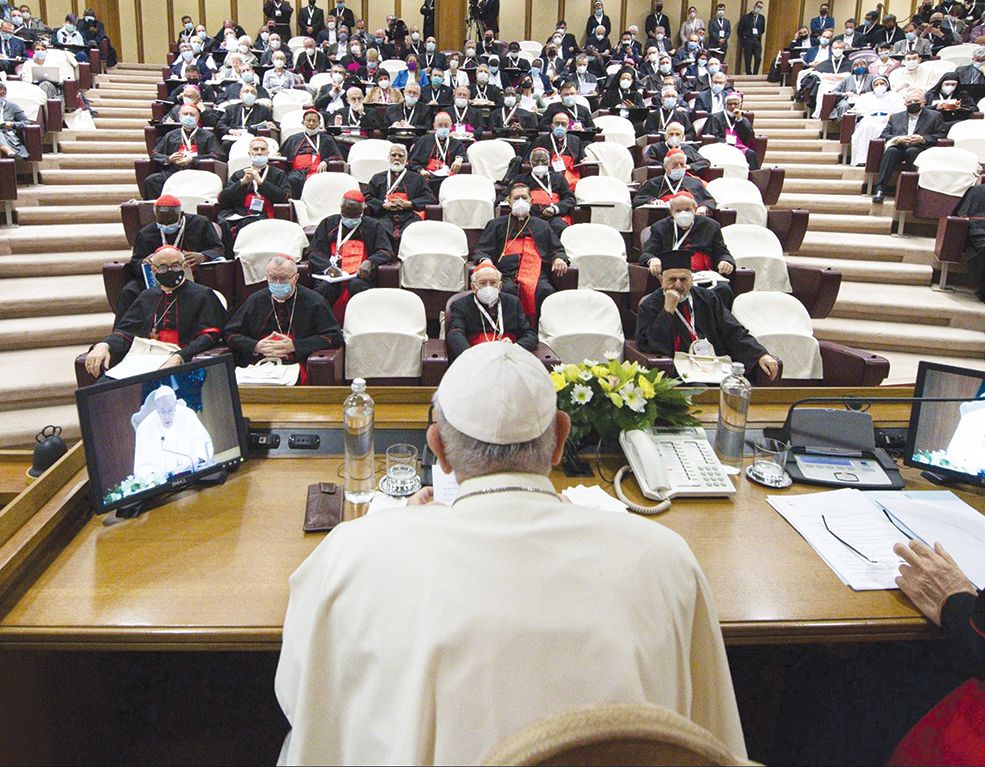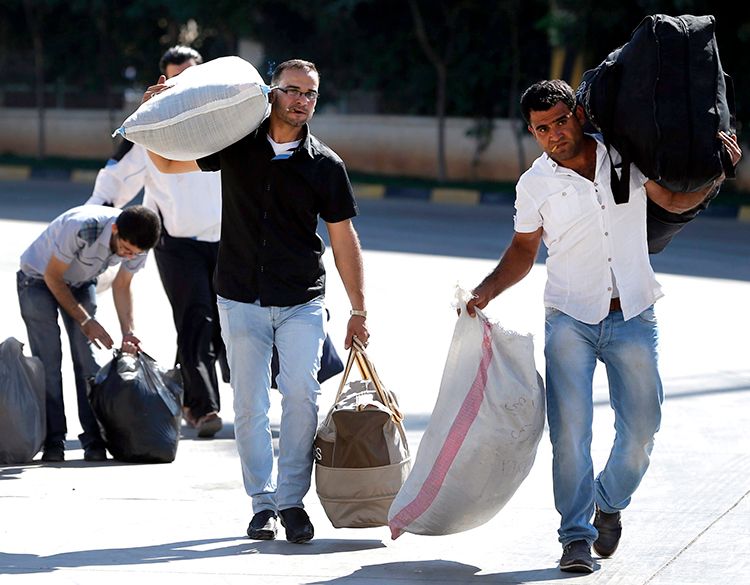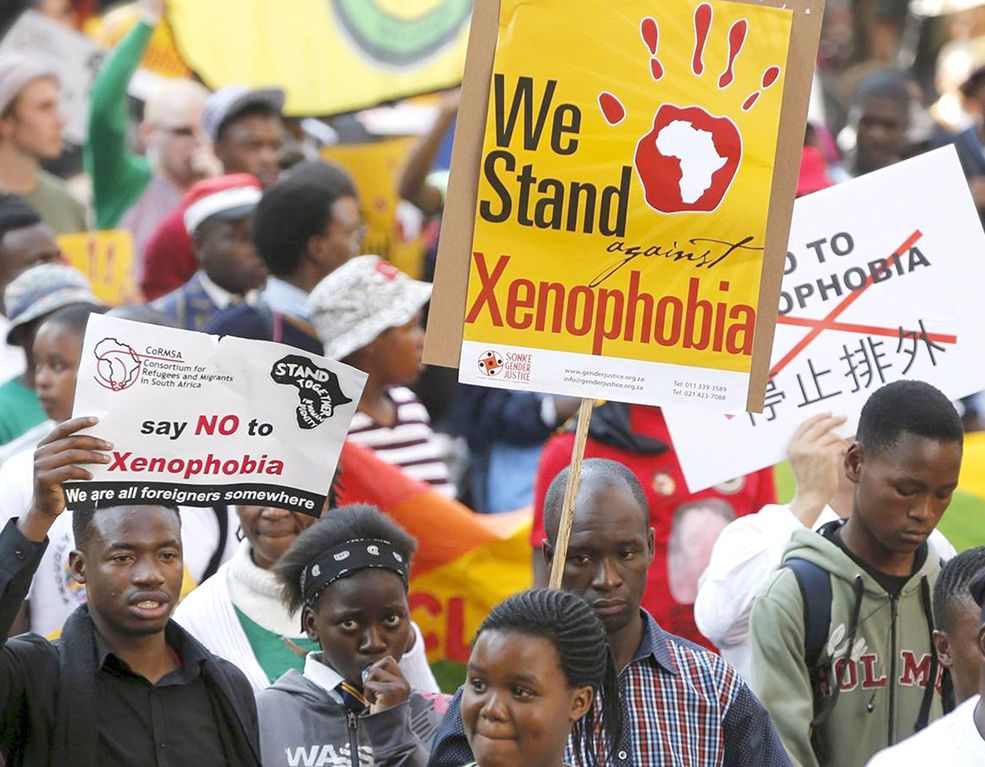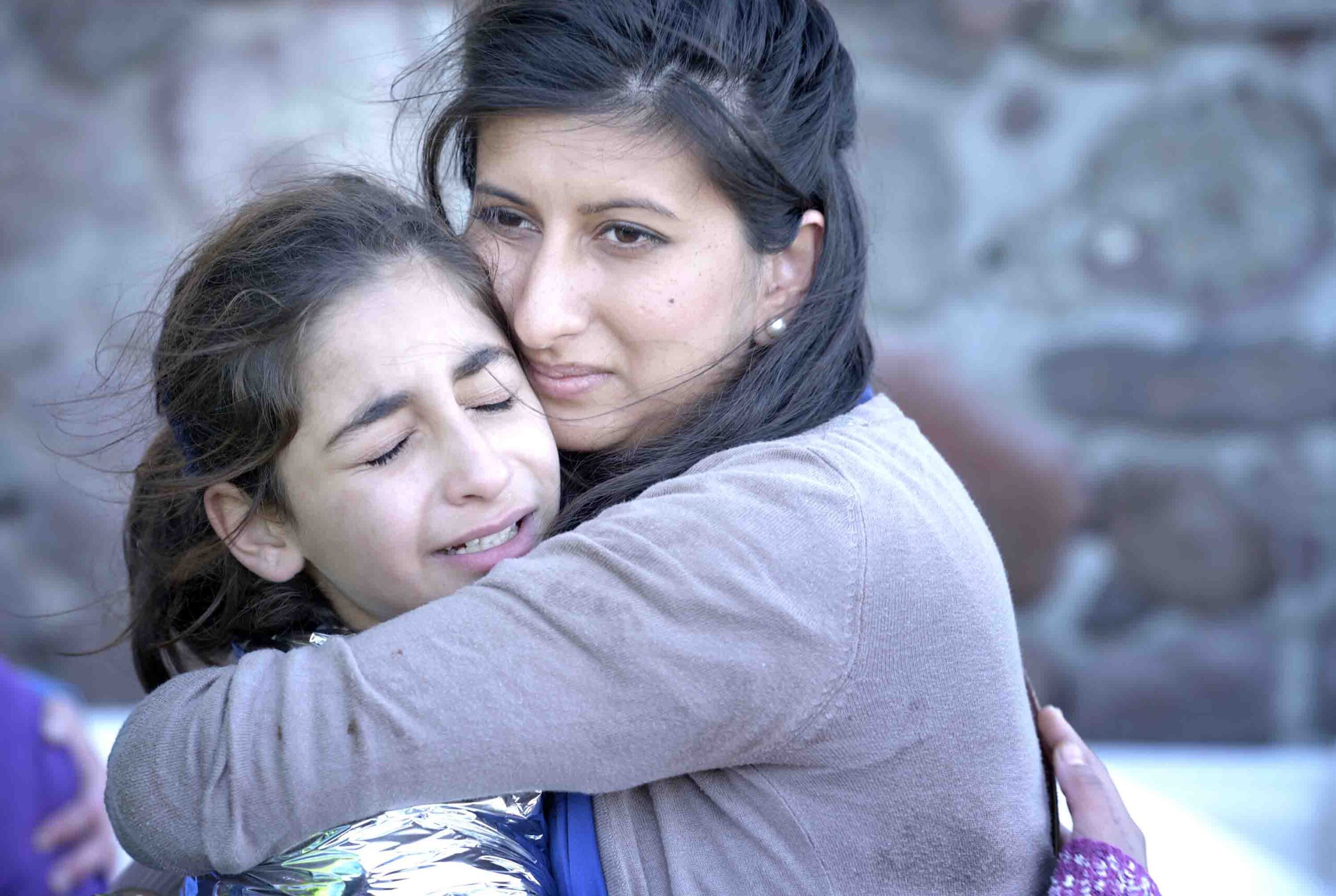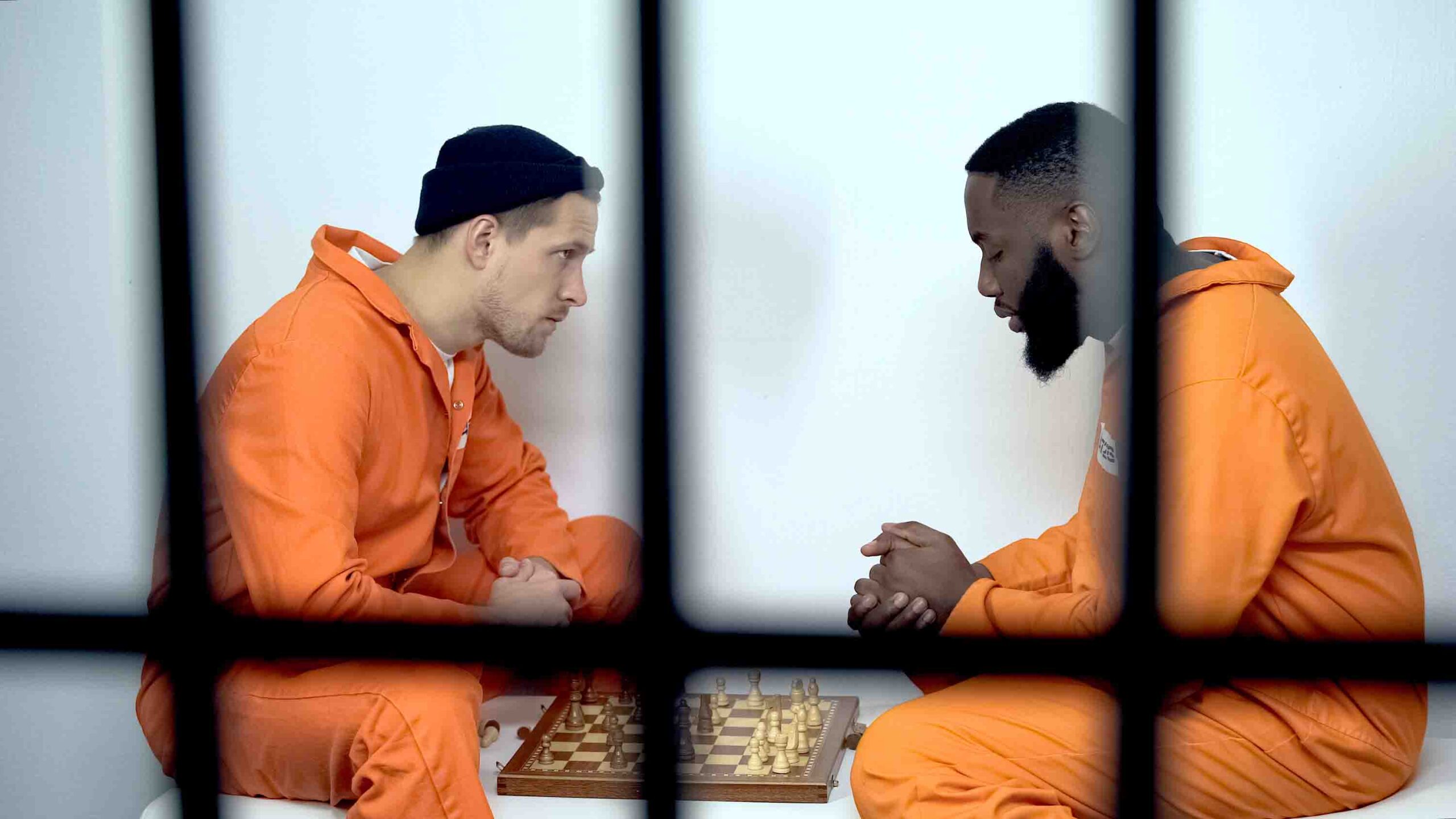Two years back, I joined some millennials for an overnight climb to a popular destination east of Manila, up on the lower peaks of the Sierra Madre mountains. As we trudged up, it did not take long for me to feel a little out of place.
I was one of only two baby boomers in the many groups that I saw climbing up or climbing down the mountain. They came in tightly knit droves. A bit on the noisy side, they sported smart outfits that befitted the soggy wet terrain (It was raining all night on the way up!). Branded shoes, branded everything and, branded smartphones that hummed, buzzed, and flashed and pierced through the otherwise silent, dark and dreary night, were what stood out visibly.
They were cool, chic and confident – a tad too self-assured for my taste – but nevertheless seemed armed with boundless youthful energies.
Welcome to the world of millennials! Hello to the generation of movers! These are the emerging adults born anywhere between 1980-2000, and they cannot be ignored, nor be brushed aside.
Two years earlier on that climb, I had a rather rough introduction to their world. For one used to doing night trekking in absolute silence, like we did back in the day, they seemed noisy; they looked edgy. But it was about me, more than it was about them.
This generation, referred to by some authors as a group that “defies description,” truly merits description, if only to help boomers and gen-xers to “survive” in a world dominated by them, (by 2020, they will constitute 50% of the Philippine work force) and fit in their world (they currently make up 30% of the total population!).
Optimists
I brought to the climb what I thought was my “techie” new smartphone. I wore what I thought was my best gear that actually dated back to the years those young people were just being born. I soon found out that those “young uns” were confidently smart in their branded everything.
Working in call centers, or manning the upscale gleaming new offices at the BGC in Taguig City, they exuded financial confidence and self-sufficiency. They valued the mountains and treated the world of nature with respect. They were so much into the cause of the environment that they have probably gone to all possible climbing sites all over the country during weekends and holidays, driving home a message of palpable concern for a sustainable future, about which they nurtured such great hopes, knowing that they could “make a positive difference for the future.”
In a study made by Thom S. Rainer in 2011, a full 60% of millennial respondents strongly agreed with the statement: “I believe I can do something great.” Another 36% of them said they agree. Now, that’s a whopping 96% in favor of hopeful optimism! If there are two words that best describe who millennials are, I suggest precisely these two – hopeful optimists!
As an educator, I teach millennials. As an administrator, I work with them. As a counselor, I deal with them as clients. As a religious priest, I do shepherding work for them, and together with them. I am surrounded by millennials, 24/7. So, who are these millennials and what kind of creatures are they?
Well, to put it as simply as I can, millennials are not like me, a creature of what to them, is a bygone era – that of baby boomers. Baby boomers were born in a situation of want. Millennials saw the light of a really bright day of relative affluence and rapid technological growth. Back in our day, gadgets were permanent fixtures like furniture. They were ordinarily not to be tinkered with or played around with, or even brought along during trips (with the exception of the so-called ancient “transistor radio”).
Digital Natives
Millennials are truly the first generation of digital natives who grew up with digital gizmos and gadgets. The future is a wide-open avenue for them. For baby boomers, the future was uncertain and we felt compelled to do something about it to make it more predictable and manageable. For gen-xers the future was something that depended on them and their hard work and dedication. But for millennials, the future is something they heartily embrace with optimism and hope. And that comes with a lot of help from technology.
Job, a 23-year-old teacher, considers technology as vitally related to family well-being (family-centeredness being another millennial trait). He considers its absence as a possible “hindrance to connection with family.” And like all millennials, he considers education, not in terms of what it can do to lift oneself from poverty (like baby boomers and gen-xers primarily thought), but as “second in the ladder of important things that one needs to have in order to be functional in society.” Millennials, obviously, do believe they can offer something great and make a positive difference for the future of society at large.
Millennials fascinate me. Millennials keep me in awe. But I am a priest and pastor more than I am a school administrator, even if like many of them, I share so many postmodern values. But like many others, I do have a nagging question about them. Are millennials reliable when it comes to helping missionaries like us push our product “for the life of the world?” My answer is a “yes” and a “no.”
If the product we are pushing has to do with going green and assuring a more sustainable planet, then we have faithful and loyal allies in the persons of millennials. This is an area where they sincerely think they can “do something great.” JC, 30 years old, opines that “if we do not address the issues and concerns (on the environment), earth would become a dead planet.”
If we baby boomer and gen-xer missionaries feel a bit down and out, defeated and dejected on account of a world gone sour in many senses, then we need all the help we can get from millennials who tend to be upbeat, positive and happy.
Not that they are not realists. They are. As Rainer (2011) puts it, boomers knew that not all is well with the world, and protested about it. Gen-xers knew it too, and were depressed about it. Millennials, says Rainer, know this but they believe they can have a role in changing it.
Collaboration And Networking
If we speak about the millennials’ capacity for collaboration and networking, my answer would be a resounding “yes.” Whilst they are family-focused, they are really relational beyond immediate families. They seek healthy relationships at work and beyond, and their being networked via a variety of social media platforms shows this.
To prove this, all you need to do is go to any popular coffee shop after office hours everywhere around the country. They socialize a lot, and they socialize in and out of social media. After typhoon Yolanda hit the Visayas a few years ago, I organized my own relief operations and did my appeals only through Facebook. A significant response came from millennials, and a few millennial groups in social media responded positively to my appeal. Socialization of any type is apparently their method of keeping a healthy balance between life and work. Boomers and gen-xers were workaholics. Millennials are nowhere near being described as workaholics. As one of them said, “we are willing to work hard, and we know how to work smart. We just do not want to work long.”
Not All Is Lost Yet
If, however, the topic of religiosity is what we are after, I am afraid I will have to answer a big “no.” Millennials look less to religion, but more to personal undefined “spirituality.” Rainer’s study in the USA puts it at only 13% who considered any type of religiosity to be important in their lives. Most millennials do not think about religious matters at all.
The Generation of Movers, however, are not a lost generation. They are a very “open” generation. They have great respect for older generations, for one. Although religious institutions have failed to be a force in their lives, no study whatsoever can claim they are antagonistic to religion. A family friendly generation cannot be too far from getting to become a community-friendly or Church-friendly generation. But they need to be tapped the right way. Cheers to the millennials in our midst!










